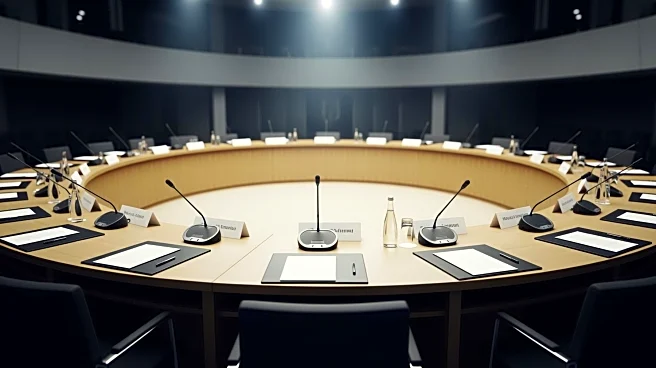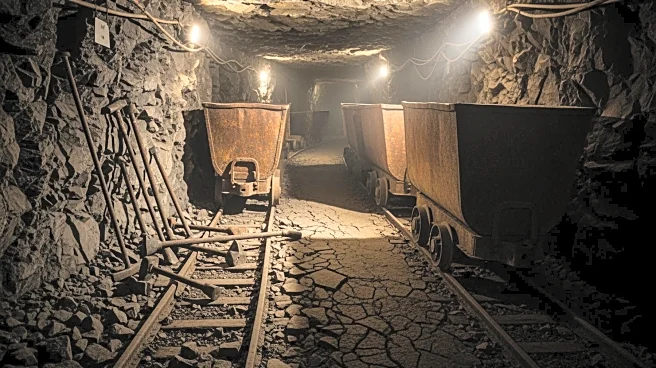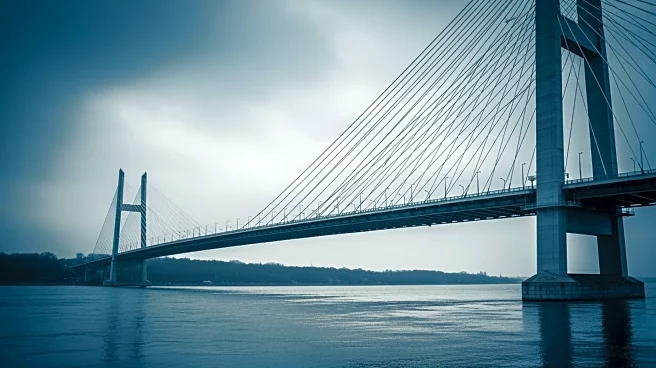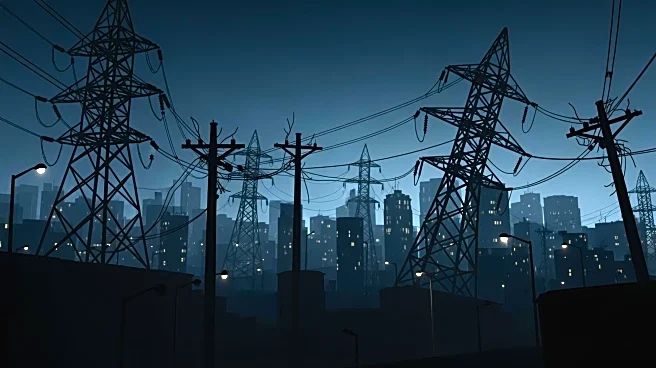What's Happening?
The closing session of the COP30 U.N. climate summit, presided over by Andre Correa do Lago, was temporarily suspended due to procedural complaints. Some parties expressed that their objections were not considered before parts of the agreement package
were approved. After consultations, Correa do Lago resumed the session, affirming that the decisions made would remain in effect. This development highlights the complexities and challenges in reaching consensus at international climate negotiations, where diverse interests and priorities often lead to procedural disputes.
Why It's Important?
The procedural complaints at COP30 underscore the difficulties in achieving global consensus on climate action. Such disputes can delay or complicate the implementation of critical climate agreements, potentially impacting global efforts to address climate change. The resolution of these complaints and the continuation of the session are crucial for maintaining momentum in international climate policy. The outcome of COP30 could influence future climate negotiations and the commitment of countries to their climate goals, affecting global environmental strategies and policies.
What's Next?
Following the resumption of the session, stakeholders will likely continue to negotiate and finalize the details of the climate agreement. The resolution of procedural issues may lead to further discussions on how to improve the inclusivity and transparency of the negotiation process. Observers and participants will be watching closely to see how these developments influence the implementation of the agreed measures and the overall success of COP30 in advancing global climate action.














